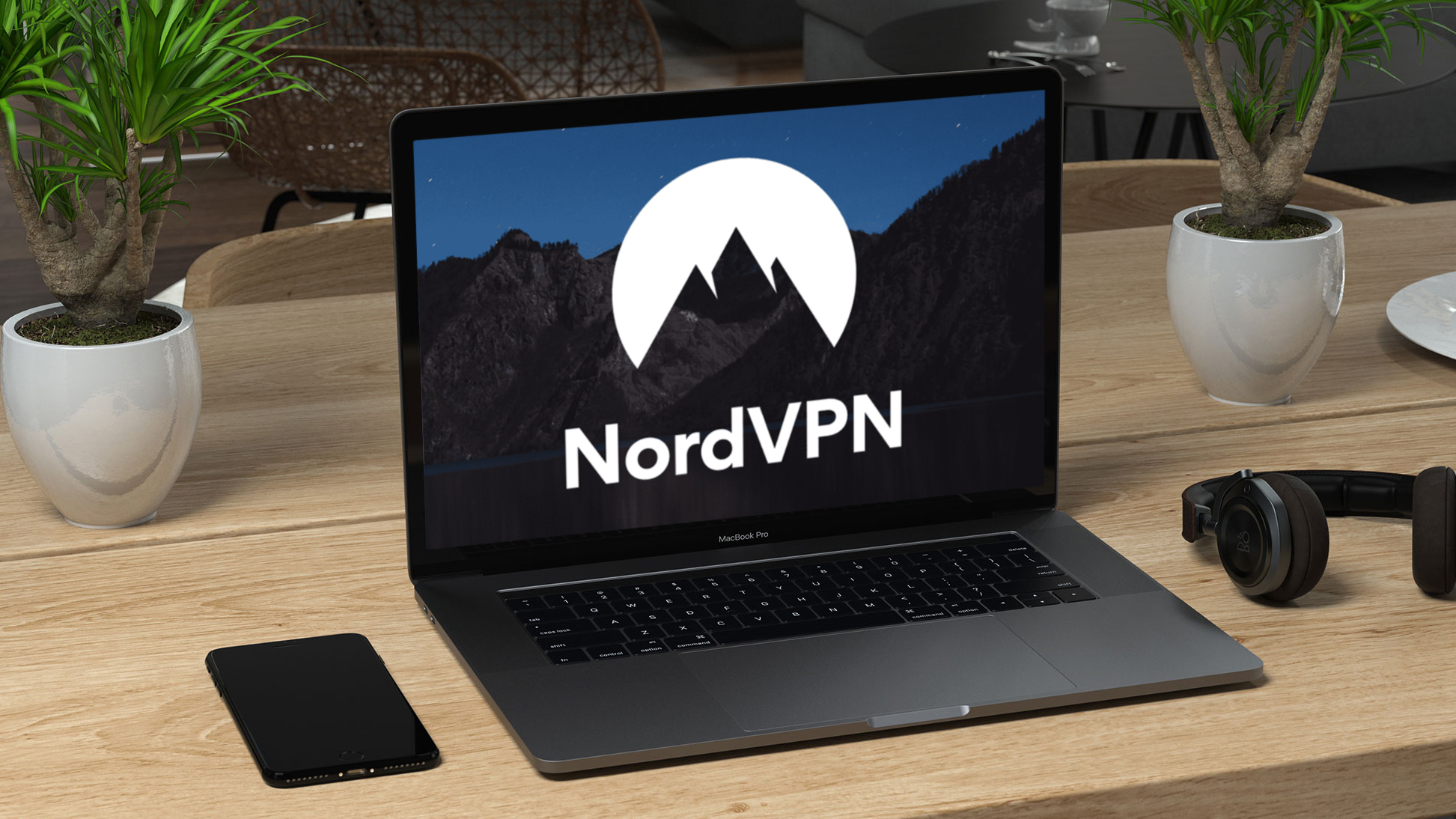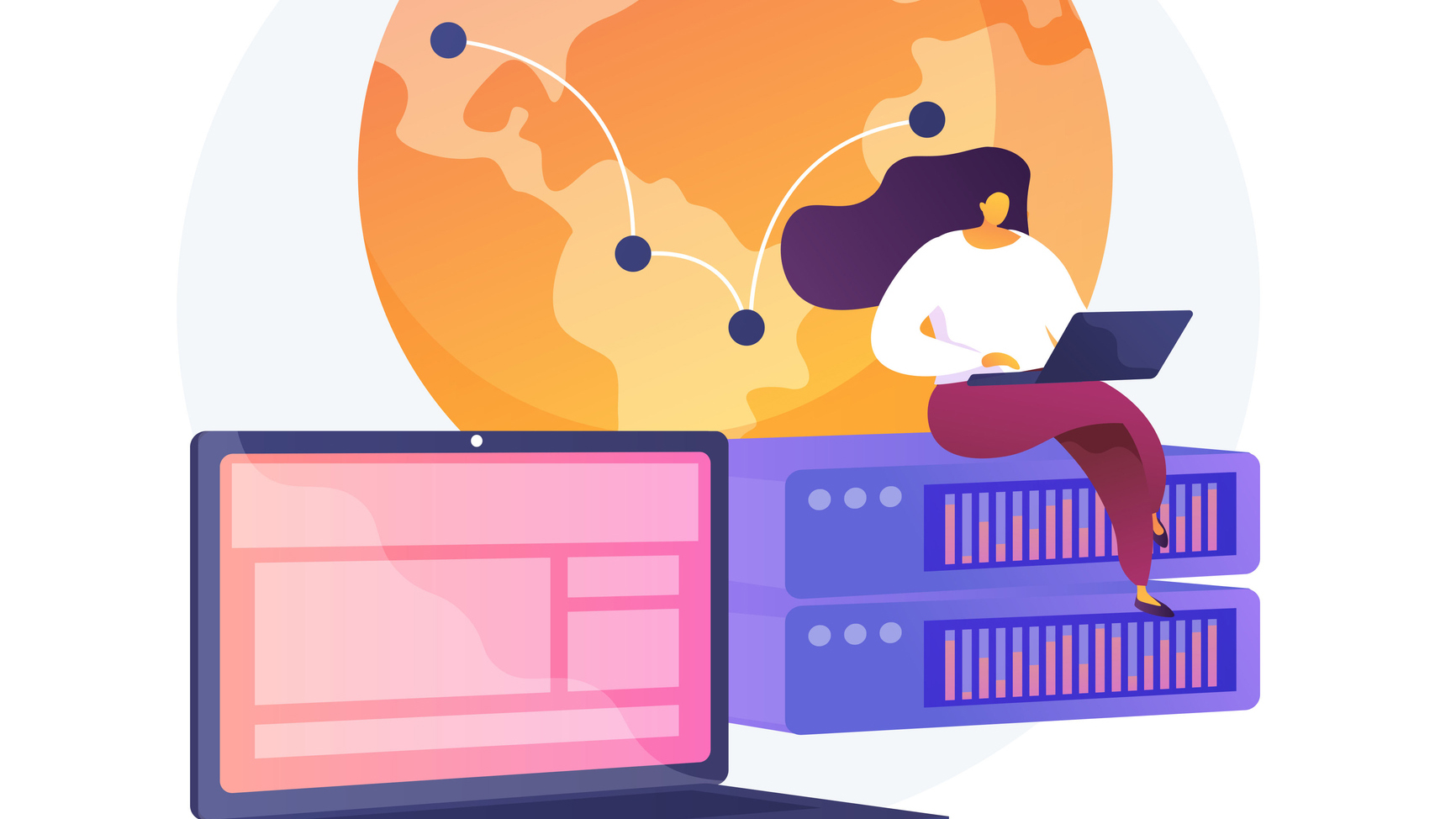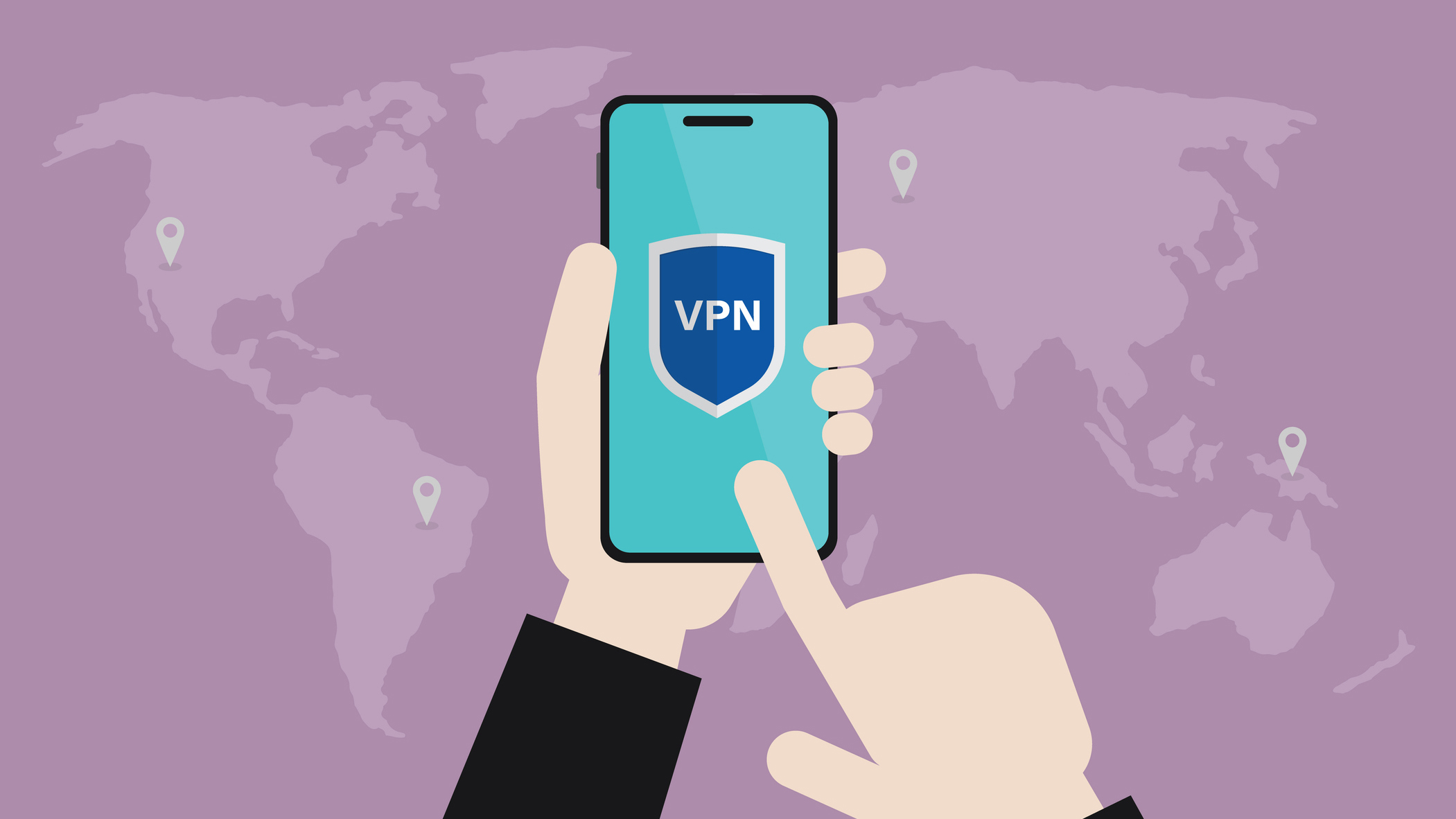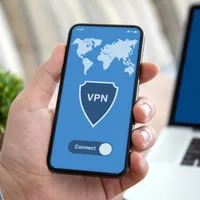"VPN server count doesn't matter" – NordVPN throws a challenge to the VPN industry
NordVPN wants to shift the conversation from server quantity to quality

Sign up for breaking news, reviews, opinion, top tech deals, and more.
You are now subscribed
Your newsletter sign-up was successful
- NordVPN wants to shift the conversation from server quantity to quality
- Server count is one of the main metrics for measuring the quality of a VPN service across today's industry
- NordVPN believes providers should focus on the factors directly impacting user experience instead
NordVPN has just thrown a challenge to the VPN industry – changing how providers talk about VPN servers.
Server count has been, and currently is, one of the main recognized standard metrics for measuring the quality of a VPN service across the industry. You may have noticed how today's best VPN providers use these often huge numbers to market themselves among the competition.
Yet, NordVPN believes that providers should instead focus on all the other factors directly impacting user experience, such as the server bandwidth, speed, reliability, and more. This is exactly why the team now seeks to shift the conversation from server quantity to quality.
"The idea that the more VPN servers you have, the better you are, is basically not very true. So, we have to start talking about this," NordVPN CTO Marijus Briedis told TechRadar.
TechRadar needs you! We want to know what you think about the world of VPNs. Whether you're a novice or a VPN pro, we want to hear your thoughts. Don't worry, though, your responses are completely anonymous, and it takes less than a minute to complete!
To take part, click the link below: https://futurenet.questionpro.eu/tr-vpn
VPN servers: what matters
VPN servers are a crucial part of how a VPN works. Every time you connect to a service, your internet traffic is rerouted via the provider's network made up of these servers. This is how virtual private network (VPN) software spoofs your IP address.
While it's true that offering worldwide coverage is an important factor in allowing users to access as much international content as possible, it won't matter much if the user experience is poor.
"Think of it like roads," Briedis explained in a blog post. "More roads don’t solve traffic problems if they’re in poor condition or badly planned. What matters more is having high-capacity lanes and well-planned routes, so millions of cars can move without getting stuck in traffic."
All in all, according to Briedis, we should think of a VPN as an internet service provider (ISP) because it's the service that de facto enables us to connect to the internet.
"ISPs they don't say how many servers have around the world. What they are talking is about how much network capacity do they have, what kind of connection quality do you have, and so on," he told TechRadar.

So, what actually makes a good VPN server? Here are the main factors, as per the NordVPN team:
- Network capacity. This refers to how much data the network can handle at any given time. To go back to the roads example, network capacity is how wide and fast the lanes of a highway are. For example, NordVPN offers 70 Tbps for each servers – but this alone isn't enough.
- Bandwidth and load management. The amount of data a server can handle is crucial, but is perhaps even more important is how a provider manages it across the whole infrastructure. To avoid server overload even during usage spikes and deliver the best user experience, NordVPN ensures to cap the maximum load to 30% for each server.
- Speed and reliability. Having a fast and reliable VPN connection is what users ultimately want the most. According to NordVPN, providers achieve this through high network capacity and efficient load management rather than the highest number of servers.
- Georgaphic distribution. This metric refers to the spread of servers across different locations. "The more strategically distributed the servers are, and the better the infrastructure is designed to handle global traffic, the smoother your VPN experience will be," Briedis explains.
A real breakthrough?
The VPN industry have been stuck on the server count as the metric is easy to convey to users. Quantity is a definite number, while quality, as we have seen, depends on many other factors.
But, is the idea that server quality is what actually matters a real breakthrough?
According to TechRadar's Lead Security Reviewer, Mike Williams, the notion isn't totally new nor is going to make much difference.
"The reality is that the number of servers, overall capacity and most network details won’t tell us very much. To get a proper feel we would need stats based on usage, but I doubt anyone will tell us those because they’re commercially sensitive," said Williams.

"Overall, I do agree that server numbers don’t mean much, but I doubt most providers will replace them anytime soon," Williams added. "We have to applaud Nord for trying, though. Even if it doesn’t replace the number server as a benchmark, giving users extra details to consider has to be a positive move."
Replying to Williams' comments, Briedis said: "Every company has its own rules how much they are trying to squeeze from the VPN server, but for us no having more than 30% of load is one of the key quality components to make sure that our user has the best quality in that location."
All in all, "We have to talk about the user experience in general. This is one of the key strategic areas that we can move forward."
You might also like

Chiara is a multimedia journalist committed to covering stories to help promote the rights and denounce the abuses of the digital side of life – wherever cybersecurity, markets, and politics tangle up. She believes an open, uncensored, and private internet is a basic human need and wants to use her knowledge of VPNs to help readers take back control. She writes news, interviews, and analysis on data privacy, online censorship, digital rights, tech policies, and security software, with a special focus on VPNs, for TechRadar and TechRadar Pro. Got a story, tip-off, or something tech-interesting to say? Reach out to chiara.castro@futurenet.com
You must confirm your public display name before commenting
Please logout and then login again, you will then be prompted to enter your display name.
